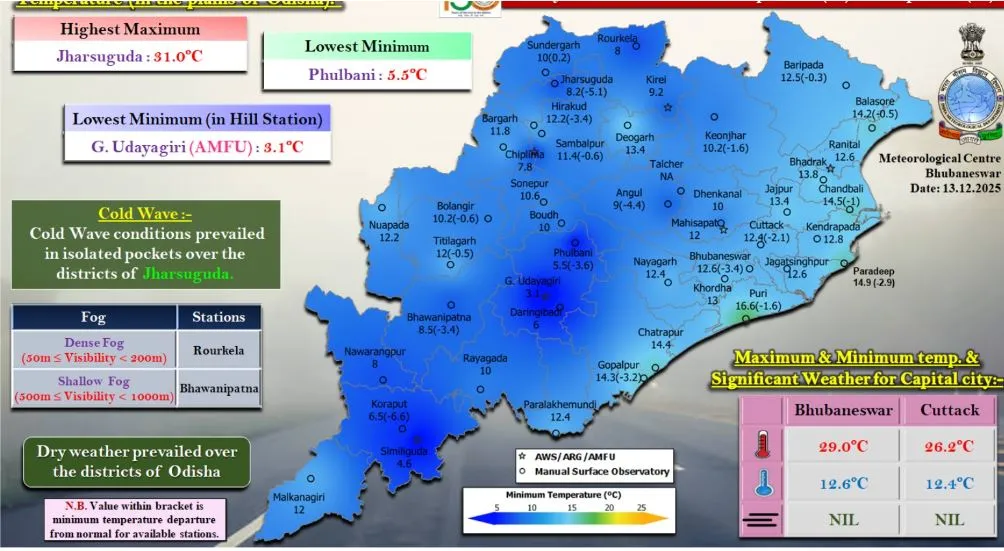

New Delhi, Sept 18: Union Commerce and Industry Minister Piyush Goyal will begin a two-day visit to the United Arab Emirates (UAE) on Thursday to co-chair the 13th India-UAE High Level Task Force on Investments.
Goyal will attend the meeting along with Sheikh Hamed bin Zayed Al Nahyan, Managing Director of the Abu Dhabi Investment Authority (ADIA).
As per reports, the meeting will assess the progress of the India-UAE Comprehensive Economic Partnership Agreement (CEPA), the Double Taxation Treaty, and issues related to the UAE-India Central Bank cooperation.
Both sides will also explore investment opportunities in key sectors, such as maritime and space, which have significant growth potential.
During his visit, Goyal will co-chair a roundtable for the UAE-India Business Council (UIBC) with UAE Minister of Foreign Trade, Thani bin Ahmed Al Zeyoudi, and engage with CEOs of major Indian and UAE companies.
Additionally, he will hold bilateral meetings aimed at strengthening trade, investment, and cooperation in priority sectors.
The Union Minister is expected to meet with UAE's National Security Advisor and International Holding Company (IHC) Chairman, Sheikh Tahnoun bin Zayed Al Nahyan, Abu Dhabi Department of Economic Development Chairman, Ahmed Jasim Al Zaabi, IHC Managing Director Syed Basar Shueb, and other prominent private sector stakeholders.
The 12th India-UAE High Level Task Force on Investments, held in Mumbai in October 2024, witnessed the ratification of the India-UAE Bilateral Investment Treaty, signed during Prime Minister Narendra Modi's visit to the UAE in February 2024.
Founded in 2013, the task force has since played a key role in fostering trade and investment relations, identifying new opportunities, and addressing investor concerns.
The UAE continues to be one of India's most vital strategic partners. Their Comprehensive Strategic Partnership is built on strong political ties, deep economic integration, and collaboration in areas such as energy, defense, technology, and food security.
Since the implementation of the CEPA in May 2022, bilateral merchandise trade has nearly doubled, rising from $43.3 billion in FY 2020-21 to $83.7 billion in FY 2023-24. The agreement has also sparked a structural shift toward non-oil sectors.